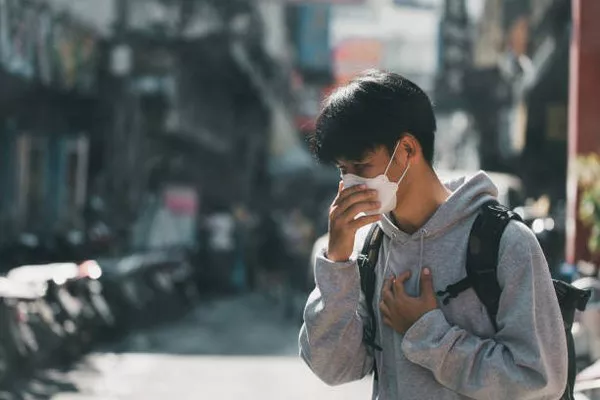The ubiquitous presence of face masks, initially popularized during the COVID-19 pandemic, has sparked intriguing discussions about their broader health benefits. While primarily known for their role in preventing infections, recent research suggests that face masks could offer relief from allergies by filtering allergen particles.
The effectiveness of face masks in mitigating allergy symptoms hinges on their ability to block allergen particles. Standard surgical masks, readily available since the onset of the pandemic, are adept at filtering particles as small as 3 millimeters. This capability extends to common allergens such as pollen, mold, dust, and pet dander, significantly reducing exposure for wearers.
N95 masks and other medical-grade masks boast even finer filtration capabilities, capable of blocking particles as minuscule as 0.004 millimeters. Despite the variance in particle sizes across different allergens, masks generally prove effective in minimizing exposure, offering a potential reprieve for allergy sufferers.
However, it’s essential to recognize that masks may not address all allergy symptoms comprehensively. While they effectively reduce exposure to airborne allergens, evidence supporting their efficacy in alleviating eye allergies remains scarce.
When considering mask options for managing allergies, surgical masks emerge as the preferred choice for many individuals. These masks are widely available, disposable, and demonstrate proven efficacy in filtering allergens. Although cloth masks offer some protection, surgical masks provide superior filtration, ensuring wearers are shielded from allergen build-up.
Beyond their role in allergy management, face masks offer a spectrum of additional benefits. They serve as a barrier against pollutants like smoke and smog, safeguarding respiratory health and reducing the risk of associated health complications. Furthermore, mask-wearing contributes to the prevention of infections, thereby potentially mitigating the risk of heart conditions and safeguarding immunocompromised individuals.
In essence, face masks present a multifaceted solution, offering protection against allergens, pollutants, and infections. While they may not address all allergy symptoms comprehensively, they represent a valuable tool in managing respiratory health and fostering community well-being.
Consulting with a healthcare professional can provide personalized insights into incorporating face masks into allergy management strategies. By harnessing the protective benefits of masks, individuals can mitigate allergy symptoms and promote overall respiratory health.

